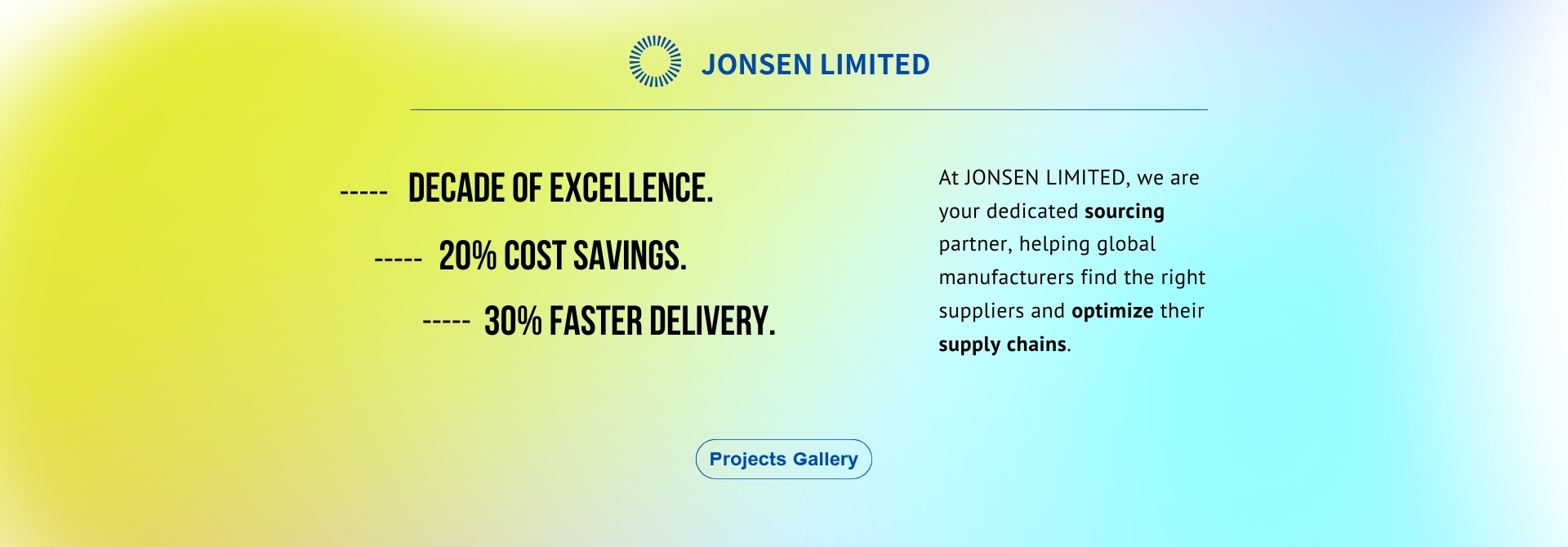News information
Focus on the latest news, familiar with the industry dynamics, a short time to understand your new news dynamics
Electronic procurement drives sustainable development in the medical industry.
来源:
|
作者:trading-100
|
发布时间 :2014-08-27
|
928 次浏览:
|
分享到:
In the era of sustainability, the healthcare industry is also taking steps to reduce its environmental impact and promote sustainable development. E-procurement is emerging as a crucial tool in achieving these goals.
In the era of sustainability, the healthcare industry is also taking steps to reduce its environmental impact and promote sustainable development. E-procurement is emerging as a crucial tool in achieving these goals.
One of the ways e-procurement contributes to sustainability is through reducing paper usage. The traditional procurement process involves a large amount of paperwork, including purchase orders, invoices, and contracts. By moving to an electronic platform, all these documents can be digitized, significantly reducing paper consumption and the associated environmental impact.

Moreover, e-procurement enables more efficient supply chain management, which in turn leads to reduced carbon emissions. With better visibility and coordination in the supply chain, suppliers can optimize their delivery routes and schedules, reducing transportation distances and fuel consumption. This not only helps to cut down on greenhouse gas emissions but also saves costs for both suppliers and healthcare providers.
Another aspect of sustainability in e-procurement is the ability to source more environmentally friendly products. Through digital platforms, healthcare organizations can easily identify and select suppliers who offer sustainable and eco-friendly medical supplies and equipment. This encourages suppliers to invest in research and development of greener products, driving the entire industry towards a more sustainable future.
In addition, e-procurement can enhance waste management in the healthcare sector. By accurately tracking and managing inventory, hospitals can reduce waste caused by overstocking and product expiration. This is particularly important in the case of medical supplies with a limited shelf life.
Furthermore, the transparency and traceability of e-procurement platforms allow for better monitoring of the entire procurement process. This ensures that the products and services purchased meet the required environmental and social standards. It also enables healthcare organizations to hold their suppliers accountable for their sustainability performance.
However, promoting sustainable e-procurement in the healthcare industry requires a collective effort. Healthcare providers need to raise awareness among their staff about the importance of sustainability and provide training on using e-procurement platforms to make sustainable choices. Suppliers, on the other hand, need to invest in sustainable practices and innovation to meet the growing demand for eco-friendly products.
In conclusion, e-procurement is not only a means of improving efficiency and reducing costs in the healthcare industry but also a powerful tool for promoting sustainability. By leveraging the benefits of digital technology, the healthcare sector can make significant progress in reducing its environmental footprint and contributing to a more sustainable world. As more and more healthcare organizations embrace e-procurement, we can expect to see a greener and more sustainable future for the industry.



_TMrzP8.jpg)




